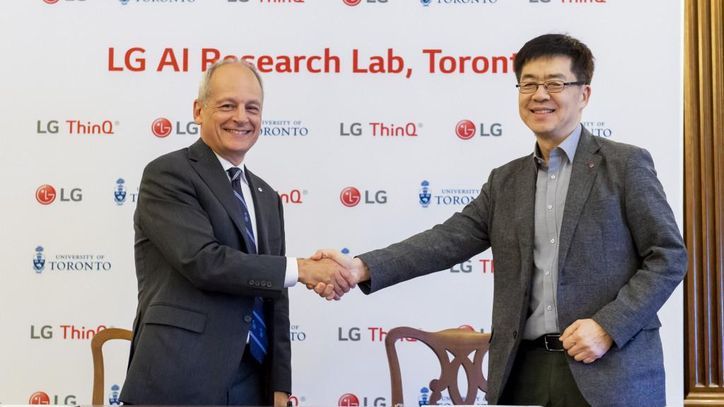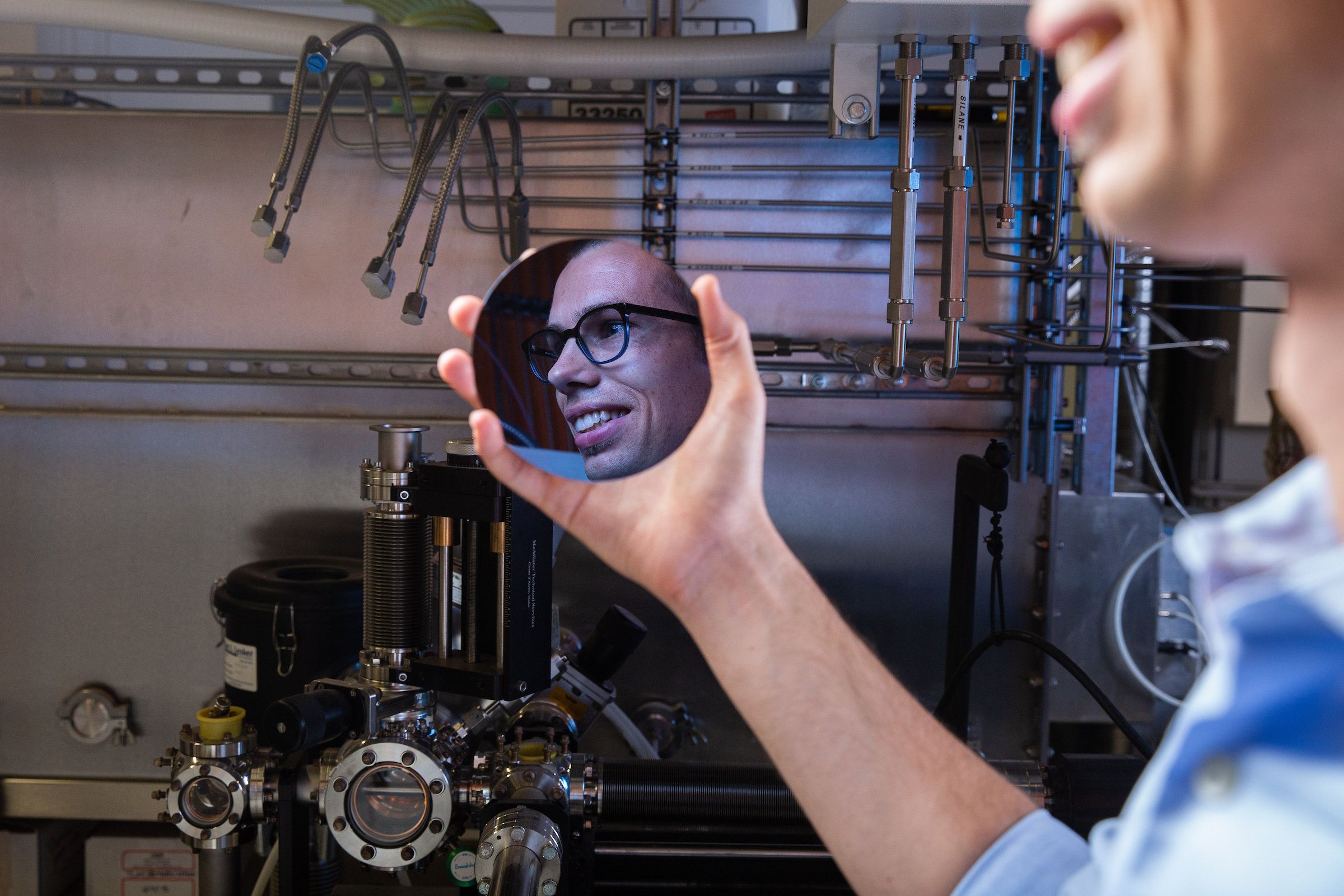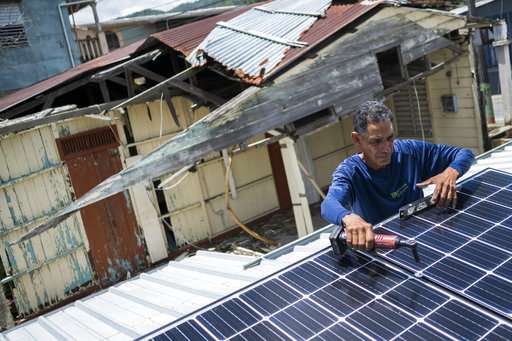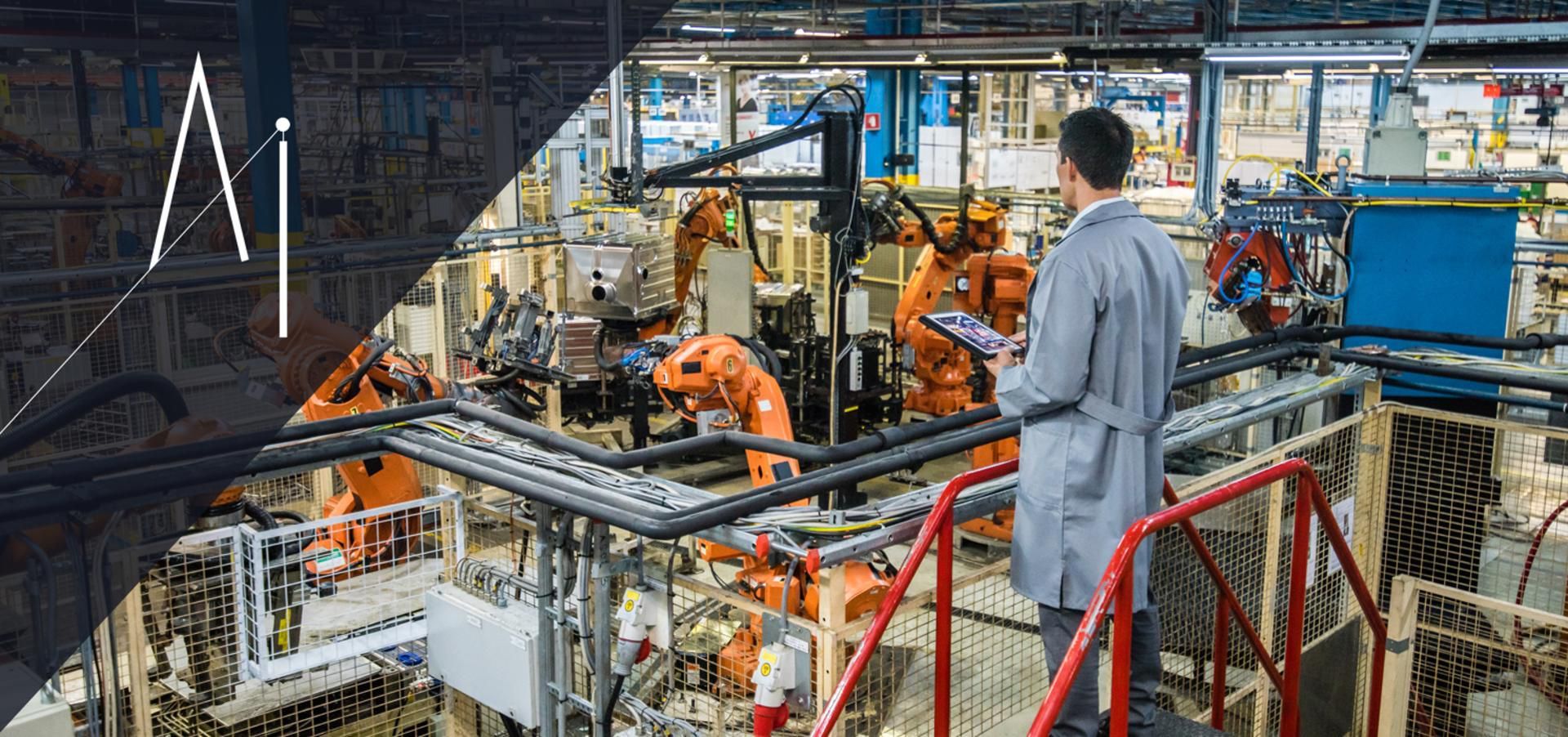An ambitious smart-city project spearheaded by Alphabet subsidiary Sidewalk Labs has run into local resistance, causing delays.
The backstory: Waterfront Toronto, a development agency founded by the Canadian government, partnered with the Google sister company in October 2017 to create a futuristic neighborhood on the Toronto waterfront. Sidewalk Labs plans to fill the 12-acre plot with driverless shuttle buses, garbage-toting robots, and other gadgets to show how emerging technologies can improve city life.
The problem: Sidewalk Labs’ connection to Google and vague descriptions of its business model alarmed privacy advocates and urban planners from the start. Local pushback has increased since, causing a key supporter to resign from the project and delaying the release of its final development plan to spring 2019.







